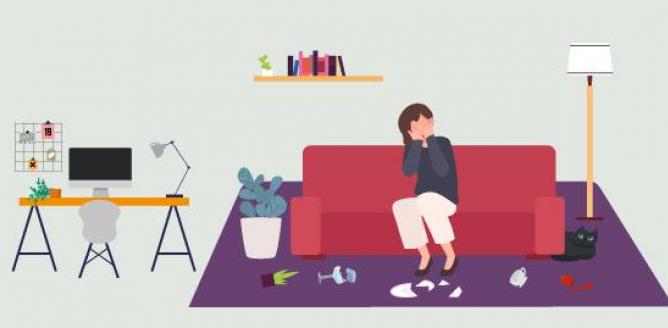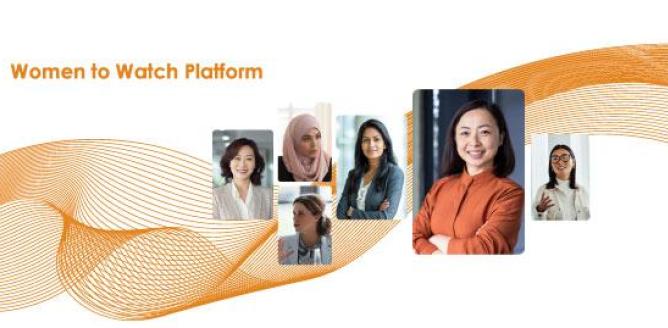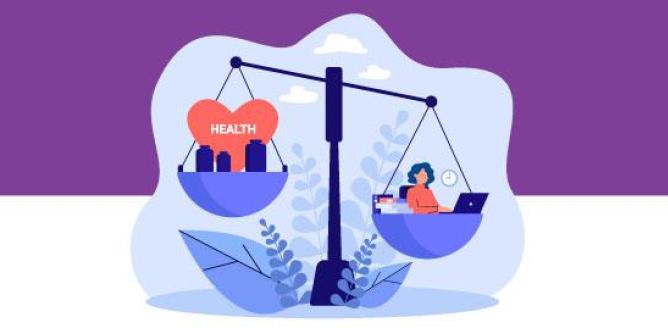“If we are to fight discrimination and injustice against women we must start from the home for if a woman cannot be safe in her own house then she cannot be expected to feel safe anywhere.” - Aysha Taryam, Editor-in-Chief, The Gulf News
As the COVID-19 pandemic continues to sweep across the globe and governments implement stricter social distancing policies to limit its spread, another widespread and insidious epidemic is forming in its wake: increased domestic violence.
While domestic violence affects both men and women, women comprise the overwhelming majority of victim-survivors worldwide. Increased stress levels, being forced to spend prolonged periods with their perpetrators, and limited access to support services all contribute to the increased vulnerabilities victim-survivors face. Studies have shown the loss of employment or financial stability—a trend we are beginning to see amid COVID-19—contributes to greater likelihood of abusers murdering their partners or others. In Mainland China, the hashtag #AntiDomesticViolenceDuringEpidemic was trending on Sina Weibo. Frontline organisations reported three times as many domestic violence-related inquiries than before quarantines were in place. Malaysia reported a 50% surge in calls to domestic abuse helplines since the country’s lockdown mid-March. From Italy to Greece to Brazil, we are seeing similar trends.
While the media hasn’t reported on this phenomenon in Hong Kong, worryingly, we may never know the full picture. Katie Ray Jones, CEO for the National Domestic Violence hotline in the US notes that no change or even a decrease in domestic violence reporting rates should not be taken as an indicator that domestic violence is happening less, but that current home isolation and social distancing measures make it harder to report.
Governments and organisations are starting to implement innovative solutions to address this issue. In Paris, the government has pledged 20,000 nights of free hotel rooms for victim-survivors of domestic violence and that it will establish counselling centers at supermarkets. In France and Spain, victim-survivors can use the code word “Mask 19” at pharmacies to alert others and seek help. Some cities in the US have formed police units dedicated to responding to domestic violence calls during this period and expanded legal orders. The United Nations has provided a list of domestic violence reduction recommendations for all governments.
We must assume there are increased instances of domestic violence in Hong Kong at this critical time and we cannot remain complacent. We urge the Hong Kong Government to move quickly and make prevention and support measures for domestic violence a key part of its COVID-19 response including measures implemented in other parts of the world. We must urgently raise public awareness around both the issue and available resources for individuals at risk of abuse, particularly during this period.
In the interim, there are also ways in which we can all help support those that may be in precarious home situations and at risk for abuse. Employers can communicate that domestic violence is an issue that affects the workplace and develop a set of practices and policies including resources for employees, a toolkit for managers to address this issue, or consider providing paid leave for employees affected by domestic violence. As individuals, we can spread the word about hotlines and resources available to victim-survivors during COVID 19 or consider virtual preventative measures through frequents texts and video calls.
At TWF, we condemn all instances of domestic violence, and will work with stakeholders to strengthen protections for this vulnerable group during this challenging period. Maintaining social connections, reaching out to the community, and understanding where individuals can seek help are healthy practices for everyone, but these connections, knowledge and support are essential for vulnerable individuals. As a community, let’s ensure individuals – particularly those in vulnerable positions – know they are not alone and that there are avenues for support.
Get in touch at Fiona.Nott@twfhk.org.





















